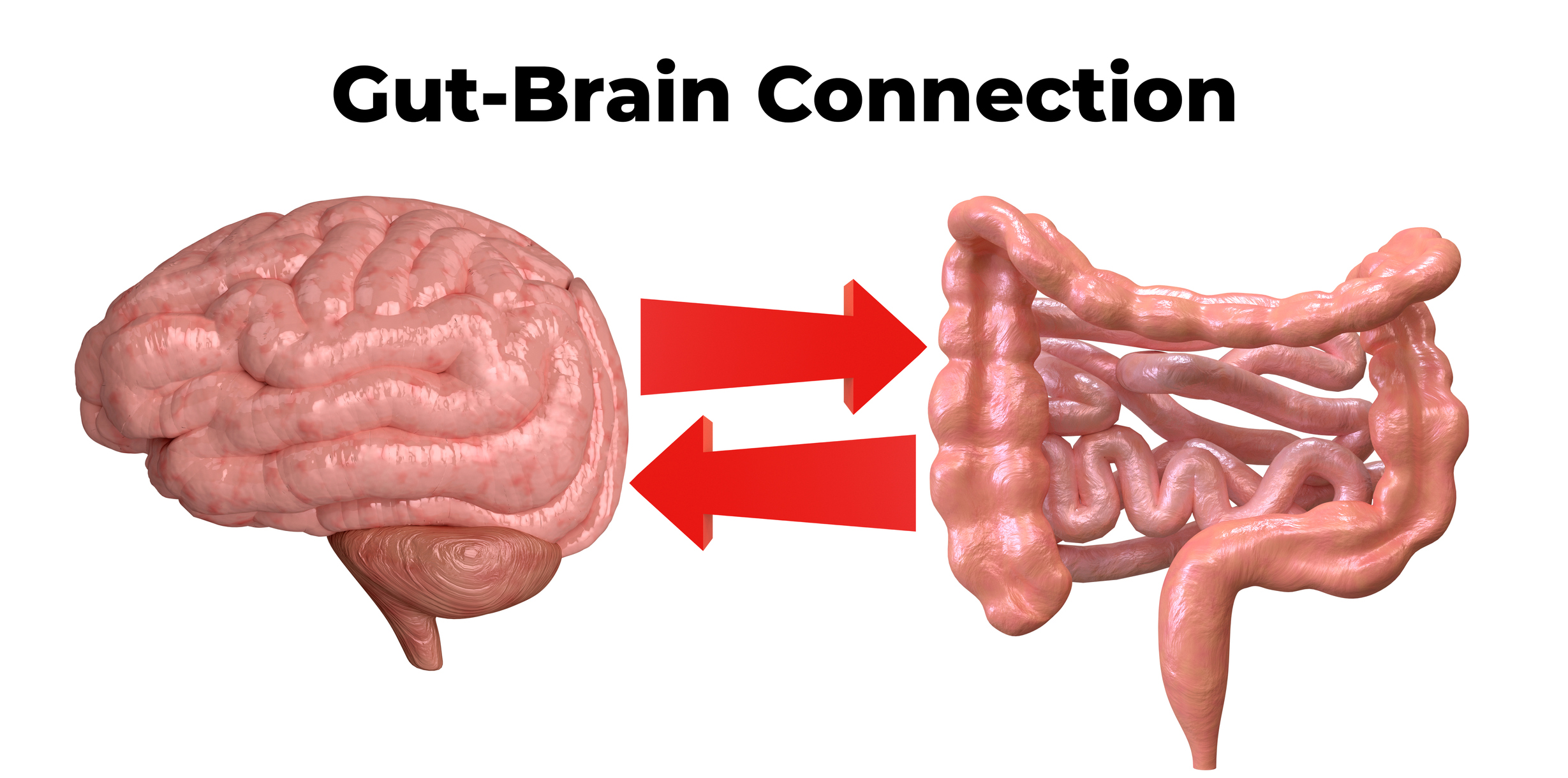The combination of fewer daylight hours, social isolation, and financial insecurity has many people feeling down this season. But, in addition to getting outdoors for a dose of natural sunlight and exercise, researchers are exploring the gut biome as a means of regulating brain function and easing depression, stress, and anxiety.
According to a recent Wall Street Journal post, in a series of studies researchers have found that the bacteria in the gut may naturally produce some of the same substances used to treat depression. Maintaining healthy gut microbes may help not only to improve mood but could also reduce appetite and weight gain as well as promote more physical activity.
Until recently, scientists had not been able to identify specific microbes that might be linked with mental health. New research out of China has been able to single out 47 species in the diverse gut biome that are associated with clinical depression. More research is underway to learn how the gut may influence the brain and diseases of the brain including Parkinson’s, Alzheimer’s as well as major depression.
Some common gut bacteria help to generate serotonin which affects mood and memory. Gut microbes appear to be able to communicate directly with the brain by affecting nerve signals and more indirectly through chemicals absorbed into the bloodstream. The discovery has researchers looking at ways treating the gut could also treat depression, insomnia, and potentially other psychiatric disorders.
According to a recent Harvard Health blog, 90 percent of serotonin receptors are located in the gut. Diet and gut health can affect mood and by eating a healthy Mediterranean diet and avoiding processed food, the good bacteria in the gut is more balanced. Whole foods including fresh fruits and vegetables, whole grains, legumes and fermented foods like sauerkraut, kimchi or unsweetened greek yogurt help support a healthy gut. Regular exercise along with a nutritious diet can also improve mood. But diet and exercise alone cannot always treat depression. Anyone having serious forms of depression or thoughts of suicide should seek immediate treatment from a health care professional.
Read more about how gut bacteria can influence mood, thoughts, and the brain by following this link to a recent Psychology Today neuroscience blog post.






Add Your Voice
0 Comments
Join the Discussion